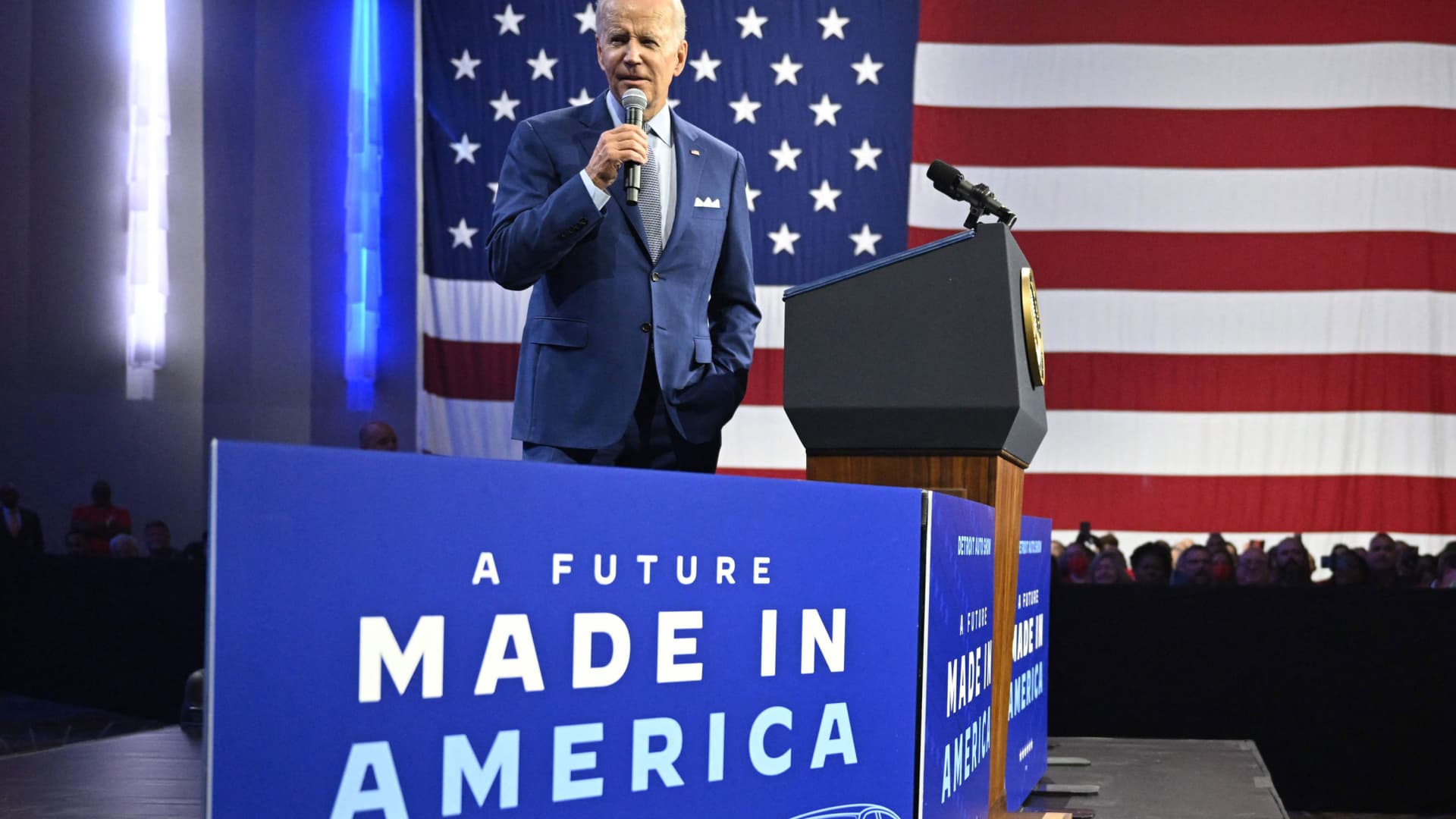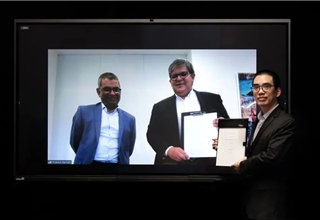On India’s Independence Day (August 15th), local business Mahindra & Mahindra Limited (Mahindra) made its intentions clear on electric vehicles at an event in the UK. Aside from his XUV400, which has already been developed, the automaker plans to launch five of his e-SUVs with his XUV and BE (Born Electric) nameplates. The vehicle will be built on his INGLO EV platform and will be rolled out over the next four to five years.
“By 2027, we expect a quarter of the SUVs we sell to be electric,” declared Mahindra Group Managing Director and CEO Dr. Anish Shah.
For now, Tata Motors is leading the EV space in India with the Nexon EV and Tigor EV. Not only that, Tata says he plans to have 10 EV models on the market by around 2026.
“As early entrants, we have shaped the market and seen it grow with the Nexon EV and Tigor EV. Managing Director of Tata Motors Passenger Vehicles Ltd. and Tata Passenger Electric Mobility Ltd. Shailesh Chandra recently said:
Meanwhile, market leader Suzuki Group has no plans to launch an EV model before the end of 2025, which will be a B-segment SUV. Additionally, we believe it will be the only Suzuki EV on the market before OEMs start adding EV versions to some of their existing models from around 2029.
Suzuki’s EV lag is largely caused by a different approach that is more common among Japanese OEMs around the world. They tend to focus on developing hybrid technology first, before moving up the technology curve to battery electric vehicles.
Meanwhile, Hyundai plans to launch six EVs in the Indian market by 2028, including the Kona, which is currently on sale. Three of these models will be built on his BEV platform dedicated to E-GMP (Electric Global Modular Platform). It will be an EV version of the existing ICE car. Additionally, Hyundai and its sister company Kia are expected to launch mass-market EVs by 2024.
EVs are projected to account for nearly 40% of Tata’s PV sales over the next decade. By comparison, EVs are estimated to account for about 20% of Mahindra’s PV sales by then. Suzuki and Hyundai PV’s EV share is estimated at 8% each this quarter.
By 2030, we believe the top EV sellers in India will be Tata, Suzuki Group, Mahindra, Hyundai and Kia.
https://lmc-auto.com/news-and-insights/who-will-win-indias-ev-battle/ Who will win India’s EV battle!?










